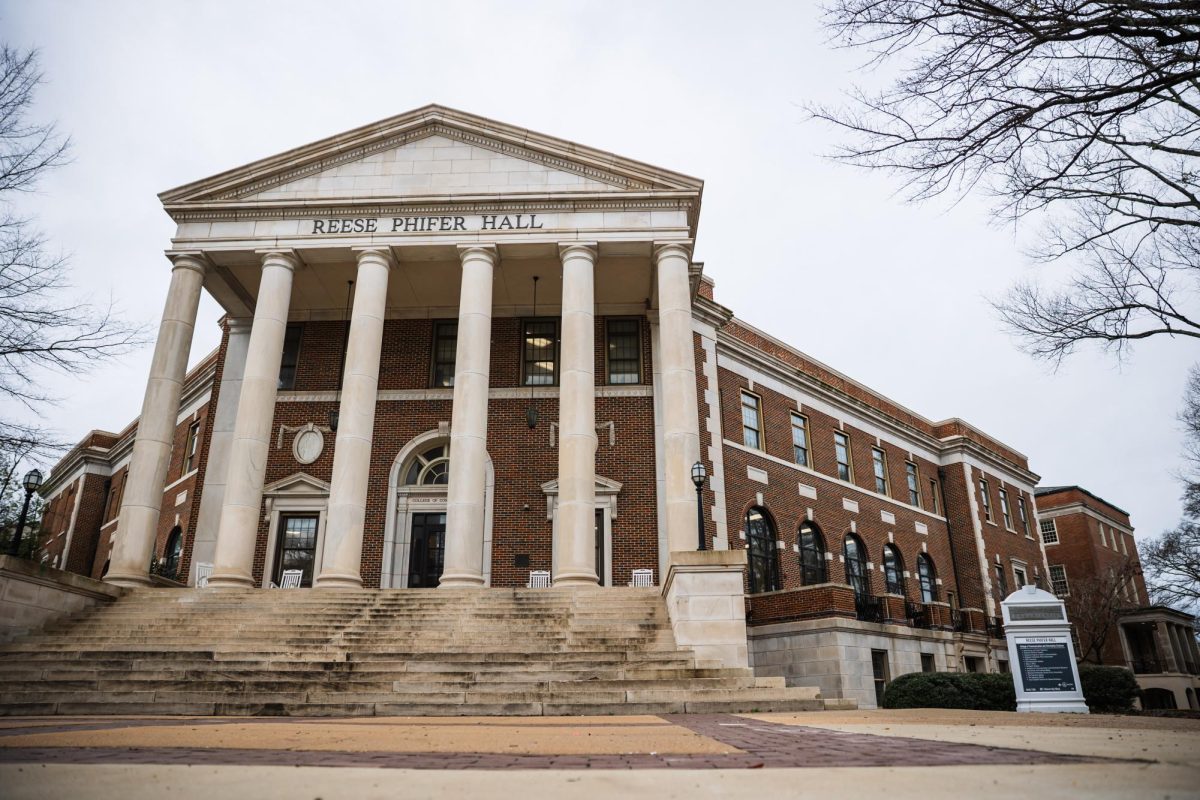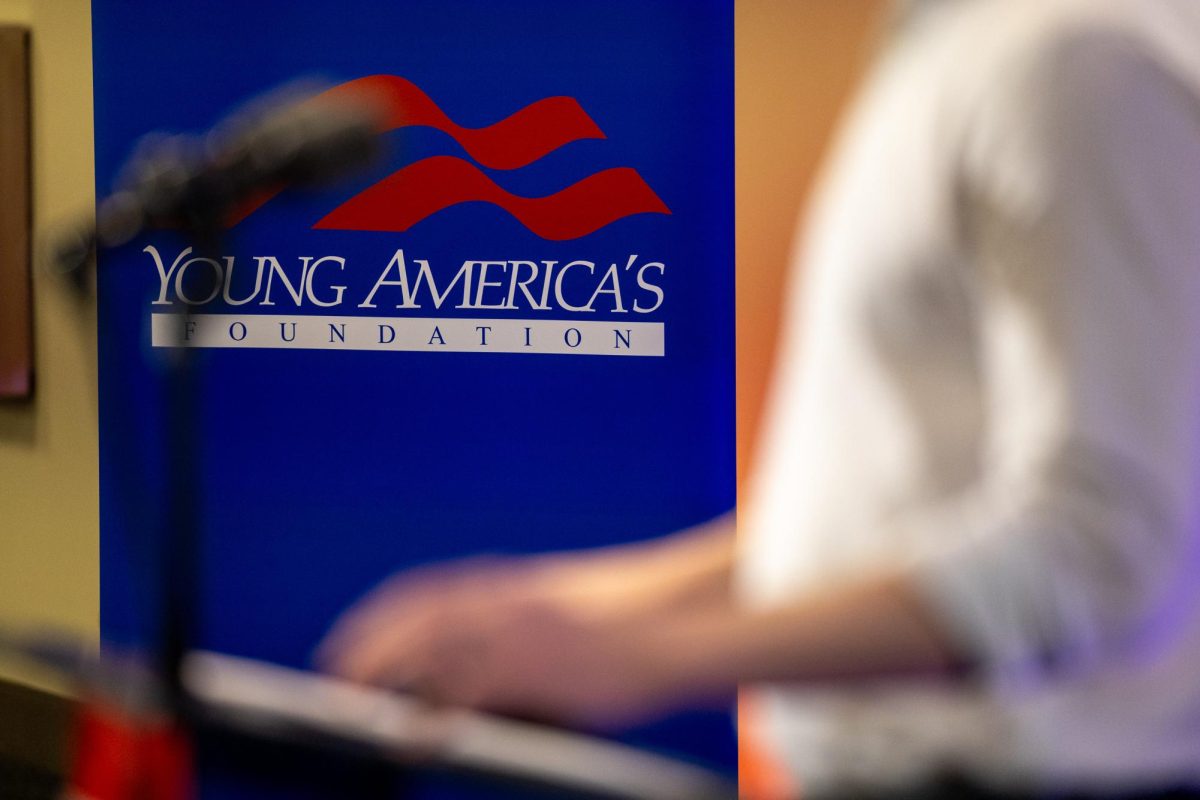The Student Government Association’s new block seating application shuffled student-seating arrangements Saturday, as the S-3 section was returned to general student admission while 36 student organizations received reserved sections in the south end zone.
The online application process, graded by third-party business Campus Labs, resulted in a non-greek organization ranking in the top five and traditional Machine fraternities losing coveted front row blocks.
SGA president Matt Calderone said the application, an Excel spreadsheet designed by Campus Labs, was available on the SGA website. Organizations were expected to collect academic, service and leadership information from their members to submit on the password-protected application. Campus Labs then scored and ranked the applications.
“The scores are sent from Campus Labs back to Student Affairs,” Calderone said. “Then a representative from Student Affairs, a representative from athletics and I sit down and make the map according to the scores; altogether we decided the most ideal spots based on maps from previous years.”
Some fraternities that belong to the Machine, a secret political coalition of traditionally white fraternities and sororities, saw their seating placement deteriorate after the implementation of the automated process.
The Kappa Alpha Order fraternity, which was given a coveted front row block in the S-3 section after the University temporarily expanded block seating last year, will now be seated in one of the blocks furthest from the field. Sigma Alpha Epsilon, which was seated on the second row last year, was given a fifth-row block.
Meanwhile, Sigma Phi Epsilon, a non-Machine fraternity, was given front row seats. President A.J. Collins believes this year’s third-party application was fairer than in past years.
“The historical power structures on this campus have in the past dictated where organizations would sit. We were optimistic and hoped we would be seated objectively,” Collins said. “I’m just really excited that a fair and objective process has placed the organizations that value academics, leadership and service up front.”
AFROTC Detachment 010, which ranked fourth with 367, received the block farthest from the field in S-5. The block is located behind the lowest ranked fraternity Phi Sigma Kappa, who scored 191 points. The Cadet Wing Commander said the placement was a result of a late application fee.
“Although AFROTC Detachment 010 is disappointed with the block seating arrangement, we recognize the Student Government Association had rules in place,” Zachary J. Taylor said. “We respect the Student Government Association and the university that it represents, and we still look forward to cheering on the Tide this fall.”
Organizations also submitted a desired number of seats according to their membership numbers, which was then multiplied by .7 to account for the number of guests – often female dates – each member can bring with them.
While any guests must have student tickets or follow the upgrade rules as student guests in general admission, they are reserved spots in block seating up to 45 minutes before gametime.
All but six of the 34 organizations that applied for block seating are exclusively male greek fraternities. The remaining organizations are co-educational organizations, other than the Alpha Kappa Alpha sorority. No other sororities applied for block seating.
“I encourage all organizations to apply regardless of gender,” Calderone said.
The Crimson White contacted several sorority presidents to comment on lack of female participation in block seating. One president declined comment and others did not return phone calls by the time of publication.
Bonnie Denman, a sophomore majoring in management information services, said that while some have touted the new application process as fair, block seating is still systemically inequitable to women and the general student body.
“I know I’ve gotten to the games two and half hours early, and people show up to the game last-minute and get great seats, and that’s not very fair. They end up leaving before most of the students in general seating as well,” Denman said. “I would say get rid of it all together, and let it be first come, first serve. Just make it known that if you get there early, you get a good seat.”








